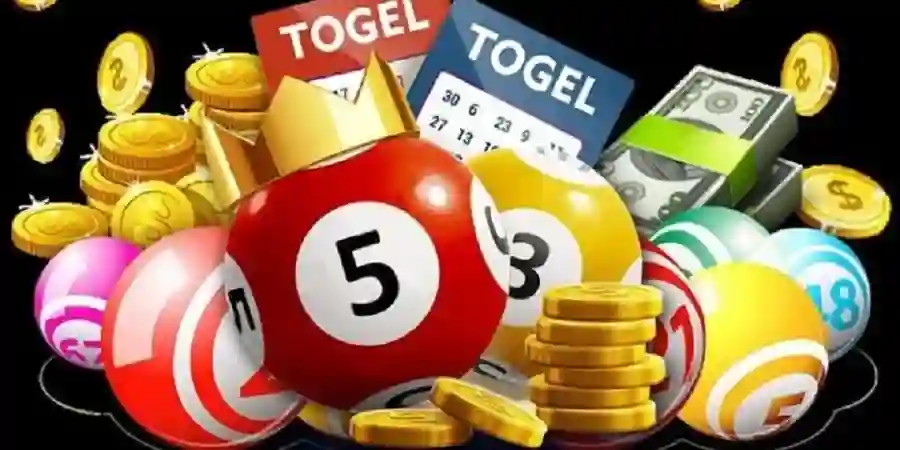Lotteries have been a part of human society for centuries, serving as a form of entertainment, a means to raise funds for public projects, and, for many, a pathway to the dream of instant wealth. Togel, a popular form of lottery in Indonesia and parts of Asia, exemplifies how a simple game of numbers can capture the imagination of a culture. However, the concept of lottery is not unique to any one region; it transcends borders and is embraced in various forms across the globe. This article explores Togel within the broader context of global lottery practices, examining the cultural nuances and the different ways in which the lottery is woven into the fabric of societies worldwide.
The Origin of Lotteries
Lotteries have a rich history, with early examples dating back to the Han Dynasty in China (205–187 BC), where they were believed to have helped finance major government projects like the Great Wall of China. In the Roman Empire, lotteries were used as a form of entertainment at dinner parties. This tradition of using lotteries for both public funding and entertainment has persisted into modern times.
Togel in Indonesia and Southeast Asia
In Indonesia, Togel (short for “Toto Gelap”) has become more than just a game; it’s a cultural phenomenon. Traditionally played in a 2D, 3D, or 4D format, where players bet on a sequence of numbers, Togel is deeply ingrained in Indonesian society. Despite its legal status often being in a gray area, it is widely played and accepted. Togel’s popularity in Southeast Asia demonstrates the role of lottery games as a part of cultural and social life, providing both a sense of hope and a form of entertainment.
European Lotteries: A Blend of Tradition and Modernity
In Europe, lotteries have a long and varied history. Countries like Spain, Italy, and the United Kingdom have centuries-old lottery traditions. The Spanish Christmas lottery, “El Gordo,” is a perfect example. Started in 1812, it is one of the oldest and largest lotteries in the world, known for its significant prize pool and a deep-rooted tradition that spans generations. The UK’s National Lottery and Italy’s SuperEnalotto are other examples of how lotteries are integrated into the cultural fabric, modernized over time with technology and online platforms.
The American Dream: Lotteries in the United States
In the United States, lotteries are a staple of American life, with games like Powerball and Mega Millions capturing the public’s imagination with their enormous jackpots. State lotteries, used to fund public projects and education, are also widespread. The cultural impact of lotteries in the US is significant, often seen as a symbol of the American Dream – the idea that anyone, regardless of background, can achieve wealth and success through luck and chance.
The Chinese Influence: Lotteries in East Asia
China, with its long history of lotteries, continues to see these games as a significant part of its culture. The Chinese government operates a state lottery system, including the China Sports Lottery and the China Welfare Lottery, which are immensely popular. The cultural significance of numbers in Chinese culture adds an extra layer to the lottery experience, with certain numbers believed to bring good luck or fortune.
African Lotteries: Balancing Tradition and Economic Hope
In African countries, lotteries are often seen as a pathway to economic improvement. Countries like South Africa, Nigeria, and Kenya have popular national lotteries. In these regions, lotteries are not just a form of entertainment but also a source of hope for economic betterment. The social aspect of playing the lottery is significant, with communities often coming together to play and dream.
The Role of Religion and Superstition in Lottery Practices
Religious beliefs and superstitions play a crucial role in how lotteries are perceived and practiced in different cultures. In some societies, lotteries are frowned upon or even prohibited due to religious beliefs. In others, they are embraced and intertwined with local superstitions and practices, where certain numbers are considered luckier than others, or specific rituals are performed when buying lottery tickets.
The Impact of Technology on Global Lottery Practices
The advent of technology has unified global lottery practices to some extent. Online platforms have made lotteries like Togel accessible worldwide, blurring geographical and cultural boundaries. This digital revolution has led to a convergence of lottery practices, with similar games and formats becoming popular across different cultures.
Conclusion
Togel, within the context of global lottery practices, highlights the universal appeal of chance and fortune. From the historic streets of Europe to the bustling cities of Asia, and from the diverse landscapes of America to the vibrant communities of Africa, lotteries are a testament to the human desire for hope and change. Each culture adds its unique flavor to the lottery experience, whether through traditional beliefs, community practices, or technological innovations.
As we look towards the future, the essence of lottery games like Togel remains constant, even as they adapt and evolve with changing times. They continue to be a mirror reflecting the hopes, dreams, and cultural values of societies around the world, proving that the allure of chance is a truly global phenomenon.


